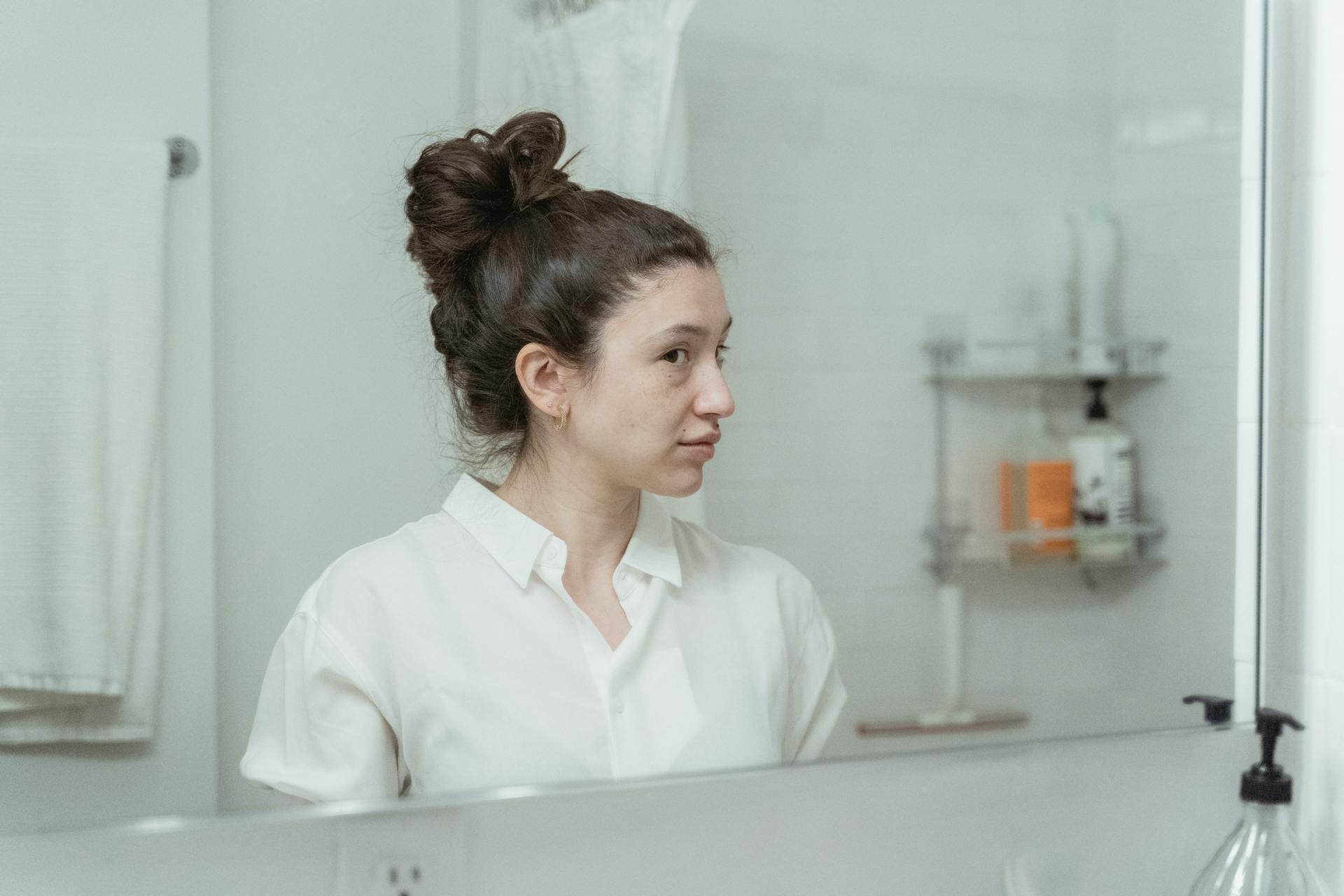Developing self-awareness requires intentional effort and practice. Do you believe you already have self-awareness?
Tasha Eurich, PhD, researcher and organizational psychologist, has spent more than 10 years surveying people about their levels of self-awareness. She’s found that while 95% of study participants think they’re self-aware, only about 10% to 15% of them fully are.
– How to Develop Self-Awareness and Why It’s Important via PsychCentral.com
Self-Awareness Suggestions
- Mindfulness Meditation: Regular mindfulness practice helps you observe your thoughts and feelings without judgment, increasing your awareness of your inner state.
- Journaling: Writing down your thoughts and emotions can provide valuable insights into your patterns and triggers. It also can help you track your progress.
- Feedback from Others: Seeking feedback from trusted friends, family, or therapists can offer valuable perspectives on your behavior and blind spots.
- Self-Reflection: Take time to reflect on your experiences, asking yourself questions like, “What am I feeling right now?”, “Why did I react that way?”, “What are my values and priorities?”
- Therapy: Working with a therapist can provide a safe and supportive space to explore your inner world and develop greater self-awareness.
There are many reasons why many are not as psychologically aware. One influence can be challenging family of origin or prior experiences, where it might be protective in some way. It’s about peeling back the layers of your inner world to understand the complex interplay of experiences, thoughts, feelings, and behaviors that make you unique and inform your emotional health and relationships. This understanding empowers you to live life with more authenticity and satisfying connections, unlocking your personal potential for overall personal growth.
—
Have a related question? Get feedback and guidance from Lisa Brookes Kift, MFT via Ask Lisa Consultations available through her new on-platform chat service here on LoveAndLifeToolbox.com.
—
Follow LoveAndLifeToolbox on Instagram
Follow LoveAndLifeToolbox on Facebook
Follow LoveAndLifeToolbox on X




